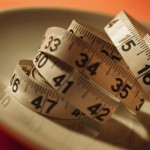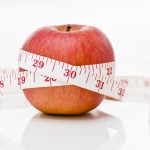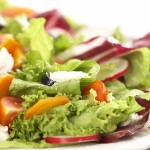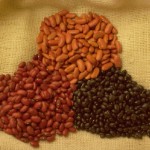 No matter what your goal is with your fitness and nutrition, you should aim to be efficient with both. You don’t need to spend three hours at the gym to lose weight, and there’s no need to starve yourself either.
No matter what your goal is with your fitness and nutrition, you should aim to be efficient with both. You don’t need to spend three hours at the gym to lose weight, and there’s no need to starve yourself either.
Here’s a look at a few variables to consider whether you are trying to lose, gain, or get better at a particular sport.
Looking Beyond Calories
Too many people focus solely on calories in and calories out in regards to nutrition. True, you will lose weight if you expend more calories than you take in, but health and performance should be taken into consideration as well. Alternatively, to gain weight you must eat more calories than you burn.
You will get ideal results if you focus on keeping your diet rich in whole foods, proteins, and healthy fats. Focusing on macronutrients as well as calories will ensure that you feel full and have the energy to play sports or get through your workout routine without feeling tired or sluggish.
Supplement Where Need Be
It is also important to consider supplementation of nutrients your natural diet may be lacking. Women especially need to consider iron and calcium, and a high-quality multivitamin can help meet those needs. Speak to your doctor about your individual health.
If you have a high activity level whether you lift weights, run, or play sports, it’s also important to consume sufficient enough protein. If you are not a big meat-eater, you might want to consider supplementing your diet with nutritional shakes or bars to boost protein intake.
Train Smart Not Long
Cardio is not the only way to lose weight– in fact, it is not the most efficient either. When you do aerobic exercises, you essentially train your body to be efficient and burn fewer calories as you work out. That is the opposite of what we want!
Instead, do exercises that use the most energy possible in the least amount of time as possible. This might include sprinting, plyometrics, or lifting heavy weights. If you do competitive sports, consider supplementing your workouts with activities that will help improve your skills at that sport.
Andi Singer is a blogger working with a health management resource program based out of San Diego. She is both a personal trainer as well as a competitive athlete, and specializes in weight loss and performance. Go to www.ihmonline.com for information.
 Subscribe
Subscribe




